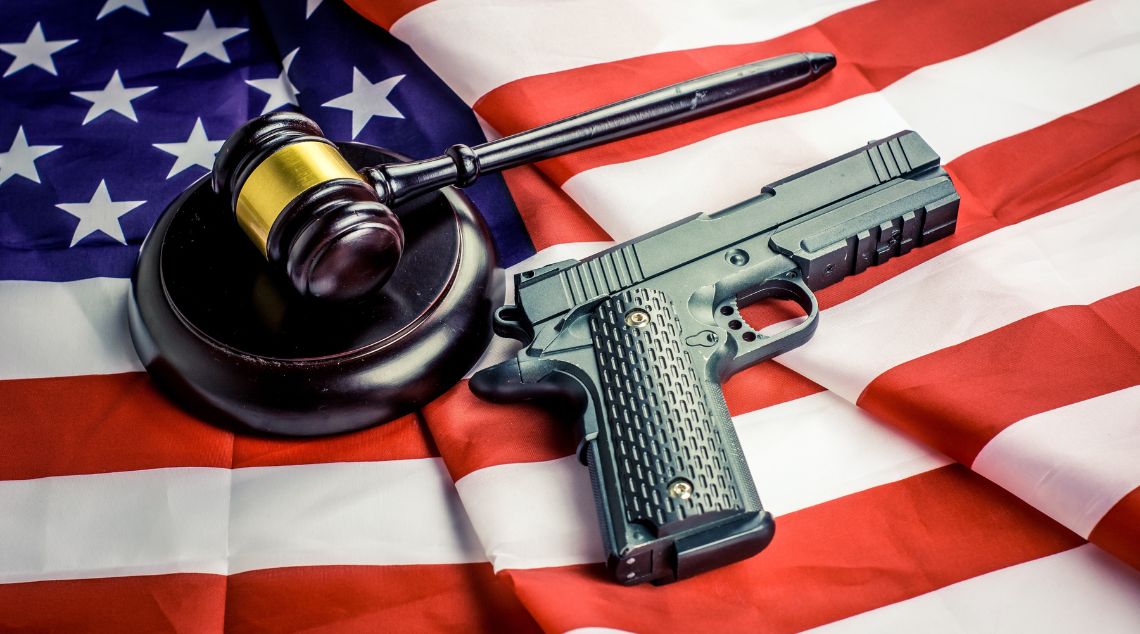In response to growing concerns about gun violence and the calls for more preventive measures, Michigan Governor Gretchen Whitmer recently approved the Michigan Red Flag Gun Law. This legislation aims to keep firearms out of the hands of individuals who pose a risk to themselves or others.
Michigan Red Flag Gun Law
The Michigan Red Flag Gun Law, also known as “extreme risk protection orders”, grants individuals such as family members, police, mental health professionals, roommates, and former dating partners the ability to petition a judge to remove firearms from those deemed an imminent threat. This provision enables those close to the individual to take swift action in cases where intervention is necessary. The legislation has sparked both support and criticism regarding its potential to prevent tragic incidents.
Sheriffs as Constitutional Guardians
Several sheriffs in Michigan have voiced their opposition to the Red Flag Gun Law, even going so far as to declare their refusal to enforce it. Citing constitutional concerns, these sheriffs argue that the law infringes upon Second Amendment rights. Additionally, more than half of the state’s counties have declared themselves Second Amendment sanctuaries, further expressing their opposition to laws they believe restrict gun rights.

Counties in Michigan have adopted resolutions asserting their status as Second Amendment sanctuaries or constitutional counties. These resolutions serve as statements of intent by county officials to support and preserve constitutional rights and refusing to enforce laws that impede them.
Sheriff Mike Murphy of Livingston County has publicly voiced his opposition to proposed red flag laws, citing concerns over their constitutionality. He has emphasized his commitment as a constitutional sheriff to refrain from enforcing or investigating laws that he deems unconstitutional.
The Michigan State Attorney General’s Office, in response to the issue of sheriff discretion, asserted that sheriffs possess the “right to discretion.” Recognizing that sheriffs are elected law enforcement authorities representing their respective communities, the statement emphasized their prerogative in determining which laws they will enforce based on the resources at their disposal. Consequently, if sheriffs opt not to enforce laws aimed at curbing gun violence and preventing avoidable harm or loss of life, it becomes a matter for their constituents to assess. Ultimately, voters in each county will have the opportunity to evaluate and pass judgment on these decisions, ensuring that the democratic process plays a crucial role in shaping law enforcement priorities.
The enforcement of Michigan’s red flag law has become a contentious issue due to the opposition and non-enforcement threats from certain sheriffs. However, the Michigan Attorney General remains resolute in her commitment to ensuring the orders are carried out. As the situation unfolds, the clash between constitutional concerns, Second Amendment sanctuaries, and law enforcement priorities will continue to shape the implementation and effectiveness of the red flag law in Michigan.










